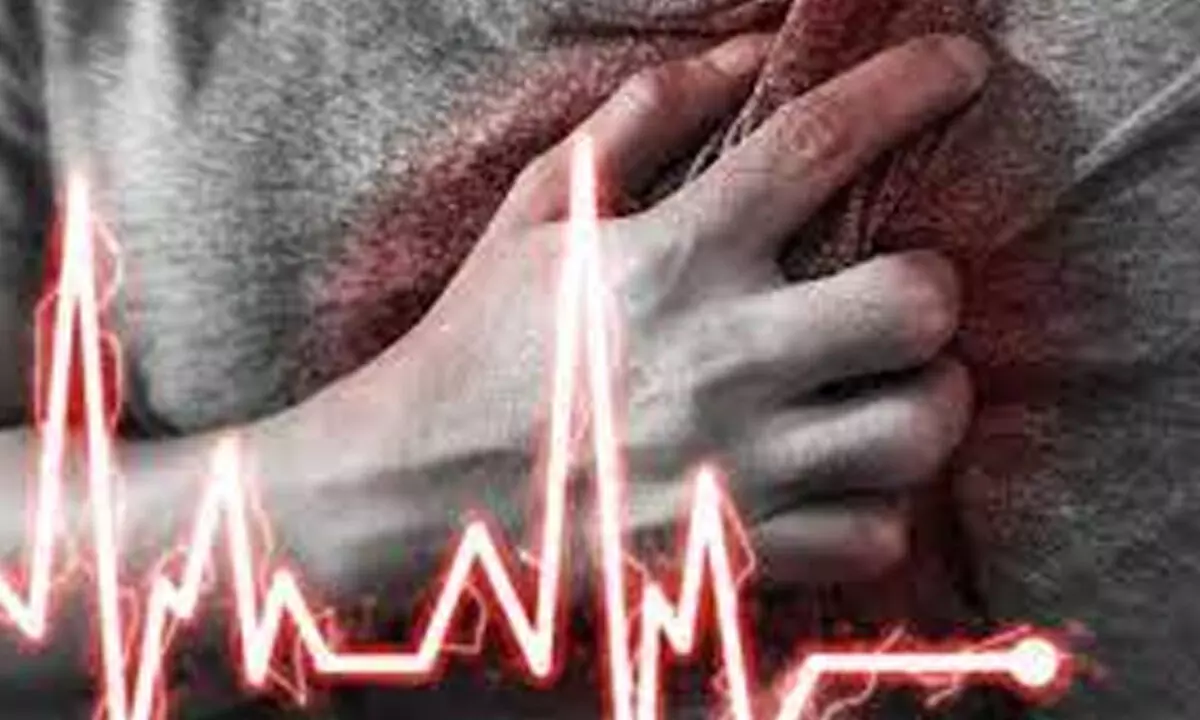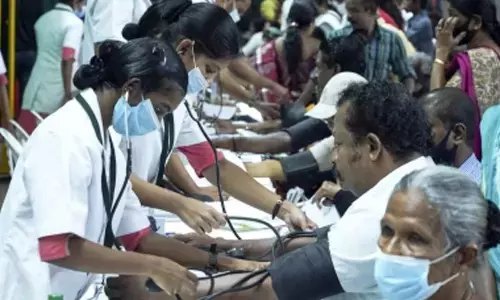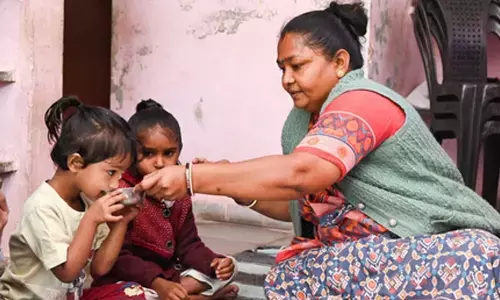Heart attacks, strokes account for 3.9 mn deaths annually in South-East Asia: WHO
Share :

Heart attacks and strokes are a global health challenge, accounting for 3.9 million deaths annually, in the South-East Asia Region, including India, said the World Health Organization on Saturday, ahead of World Heart Day.
New Delhi: Heart attacks and strokes are a global health challenge, accounting for 3.9 million deaths annually, in the South-East Asia Region, including India, said the World Health Organization on Saturday, ahead of World Heart Day.
World Heart Day is observed every year on September 29 to raise awareness about cardiovascular diseases (CVD), accelerating actions to prevent, detect early, and manage heart health. The theme this year is ‘Use Heart for Action’
“Cardiovascular diseases remain a significant global health challenge responsible for over 18 million deaths each year,” said Saima Wazed, WHO Regional Director for South-East Asia.
“The burden is particularly heavy in the WHO South-East Asia Region, where CVDs account for 3.9 million deaths annually, primarily due to heart attacks and strokes. This represents 30 per cent of all deaths in the region, with nearly half of these occurring prematurely, before the age of 70 years,” she added.
The heart plays a crucial role in pumping blood throughout the body, delivering oxygen and nutrients to tissues while removing carbon dioxide and waste. When its function is compromised, the body’s performance declines, leading to serious conditions such as heart attacks, strokes, and heart failure.
Wazed attributed the high burden of CVDs to “modifiable lifestyle practices such as tobacco use, unhealthy diets, particularly those high in salt, physical inactivity, and alcohol consumption”.
In addition, drug treatment of hypertension, diabetes, and high lipids are necessary to reduce acute events of CVDs, she said.
Further, in the South-East Asia Region, “one in four adults has raised blood pressure, and one in 10 has diabetes. Alarmingly, less than 15 per cent of people living with hypertension and diabetes are on effective treatment,” Wazed said.
Dr. S Venkatesh, Lead Consultant - Interventional Cardiology, Aster RV Hospital, Bengaluru, said heart health is fundamental to living a long and fulfilling life.
“Recognising early warning signs, like chest pain, shortness of breath, and irregular heartbeats, is also a key focus, as these symptoms can lead to prompt medical intervention, potentially saving lives,” he added.
The experts called for increasing awareness and adopting heart-healthy habits. A healthy heart not only enhances physical and mental well-being but also boosts energy levels and overall quality of life.















